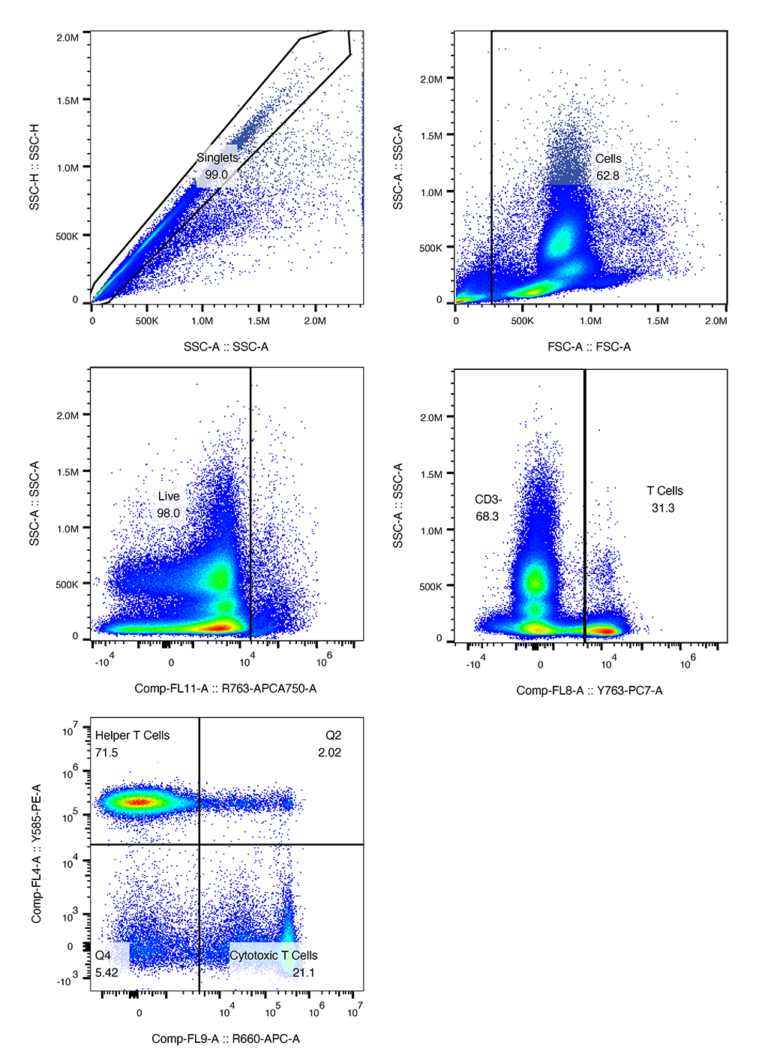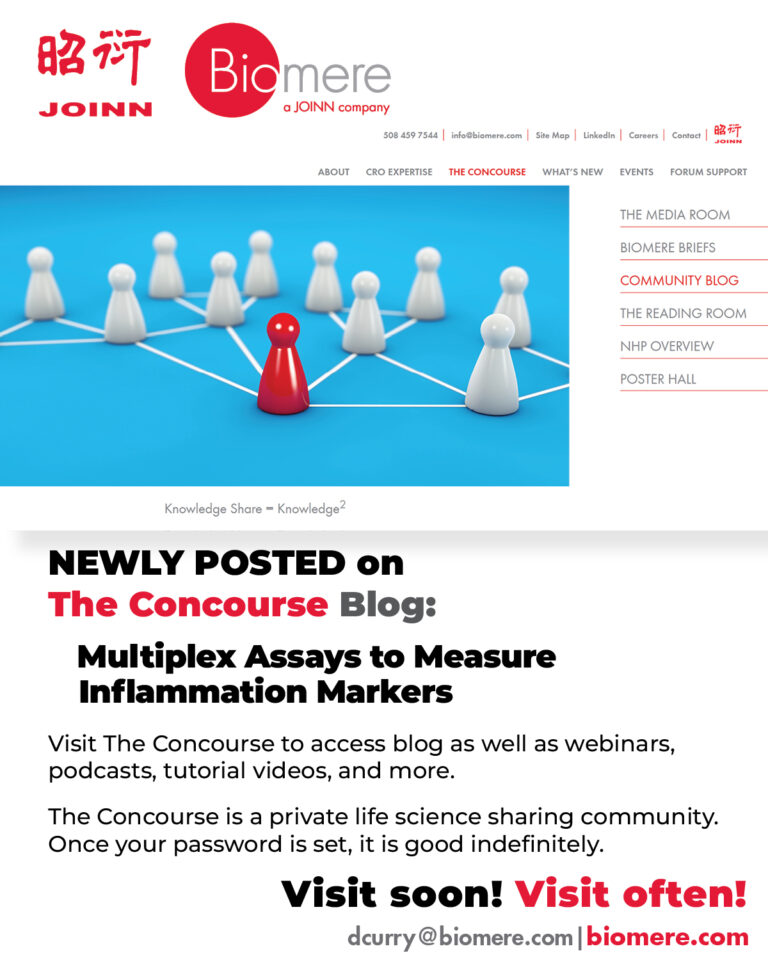Our clinical chemistry lab has developed assays to measure multiple endpoints in whole blood, serum, plasma and biofluids, including urine, cerebrospinal fluid (CSF) and synovial fluids. The team uses the Sysmex XN-1000 for hematology analysis, and the Beckman Coulter DXC 700 AU for chemistry analysis. Both instruments are widely used in the clinical setting, thus ensuring the translational value of the preclinical data. Additionally, both analyzers require small sample volumes, ensuring that samples collected from mice and rat models can be analyzed.
Biomere offers a comprehensive portfolio of hematology endpoints, including, but not limited to, counts of different white blood cells (lymphocytes, monocytes, eosinophils, basophils), platelet volumes and rations, red blood cell counts and hematocrit analysis. The clinical chemistry analysis includes the measurement of enzyme levels, such as alkaline phosphatase, proteins, metabolite markers and electrolytes, as well as specialty tests. The specialty tests include apolipoprotein forms, bile acids, lipids, etc. Additionally, we offer preset panels that combine different readouts, such as CBC, differential markers and reticulocytes. Additionally, we offer coagulation studies in partnership with a provider.
Contact Us for the complete list of Analytes





